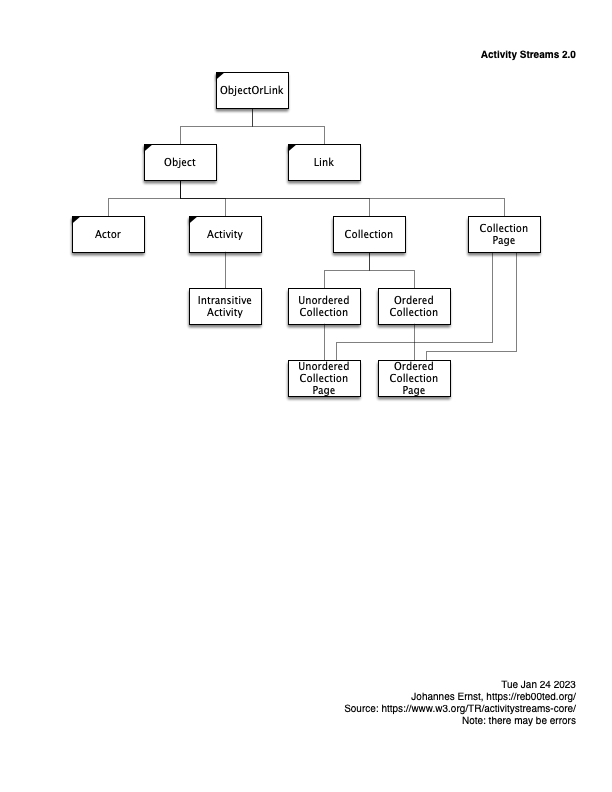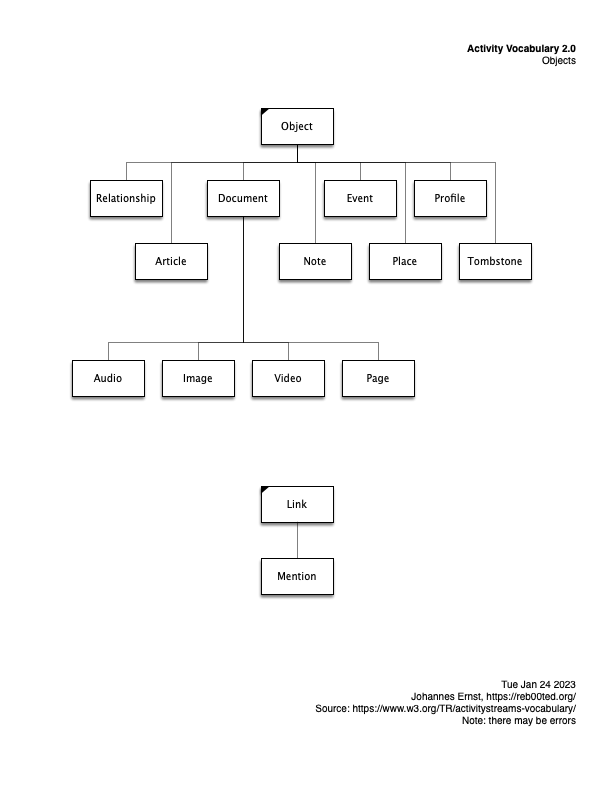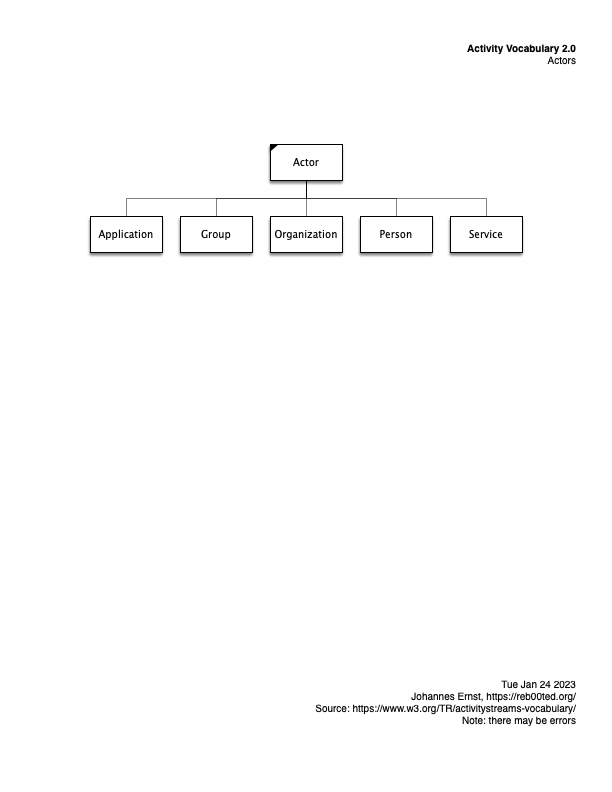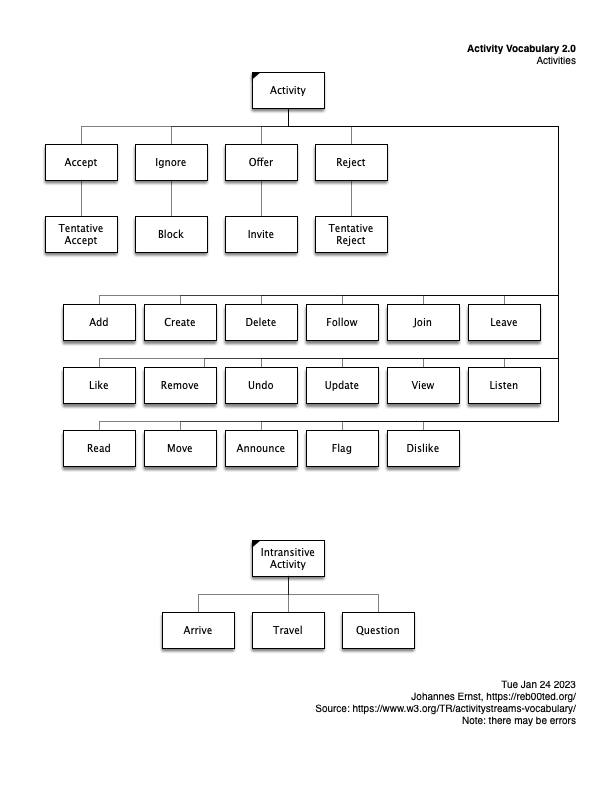Scott Rosenberg, in a piece with the title
“Sunset of the social network”,
writes at Axios:
Mark last week as the end of the social networking era, which began with the rise of
Friendster in 2003, shaped two decades of internet growth, and now closes with
Facebook’s rollout of a sweeping TikTok-like redesign.
A sweeping statement. But I think he’s right:
Facebook is fundamentally an advertising machine. Like other Meta products are. There
aren’t really about “technologies that bring the world closer together”, as the
Meta homepage has it. At least not
primarily.
This advertising machine has been amazingly successful, leading to a recent quarterly revenue
of over $50 per user in North America
(source).
And Meta certainly has driven this hard, otherwise it would not have been in
the news for overstepping the consent of its users year after year, scandal
after scandal.
But now a better advertising machine is in town: TikTok. This new advertising machine
is powered not by friends and family, but by an addiction algorithm. This addiction
algorithm figures out your points of least resistance, and pours down one advertisement
after another down your throat. And as soon as you have swalled one more, you scroll a
bit more, and by doing so, you are asking for more advertisements, because of the
addiction. This addiction-based advertising machine is probably close to the
theoretical maximum of how many advertisements one can pour down somebody’s throat.
An amazing work of art, as an engineer I have to admire it. (Of course that admiration
quickly changes into some other emotion of the disgusting sort, if you have any kind
of morals.)
So Facebook adjusts, and transitions into another addiction-based advertising machine.
Which does not really surprise anybody I would think.
And because it was never about “bring[ing] the world closer together”, they drop that mission
as if they never cared. (That’s because they didn’t. At least MarkZ didn’t, and
he is the sole, unaccountable overlord of the Meta empire. A two-class stock structure gives
you that.)
With the giant putting their attention elsewhere, where does this leave social networking?
Because the needs and the wants to “bring[ing] the world closer together”, and to
catch up with friends and family are still there.
I think it leaves social networking, or what will replace it, in a much better place.
What about this time around we build products whose primary focus is actually
the stated mission? Share with friends and family and the world, to bring it
together (not divide it)! Instead of something unrelated, like making lots of
ad revenue! What a concept!
Imagine what social networking could be!! The best days of social networking
are still ahead. Now that the pretenders are leaving, we can actually start
solving the problem. Social networking is dead. Long live what will emerge
from the ashes. It might not be called social networking, but it will be,
just better.





![[Logo]](https://reb00ted.org/assets/logo.png)
